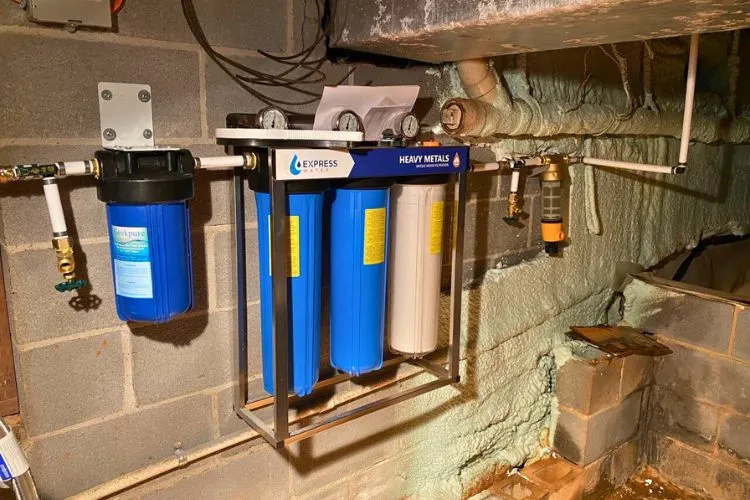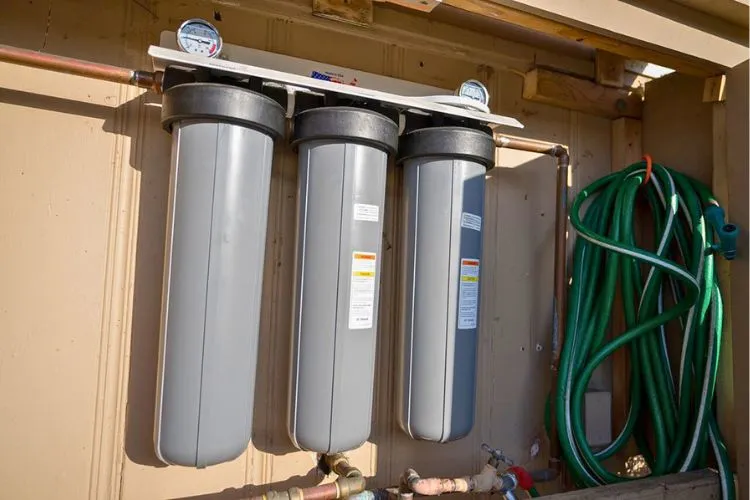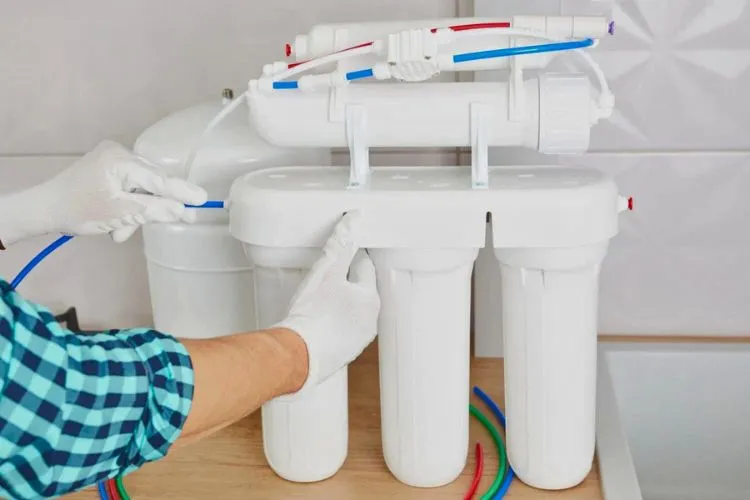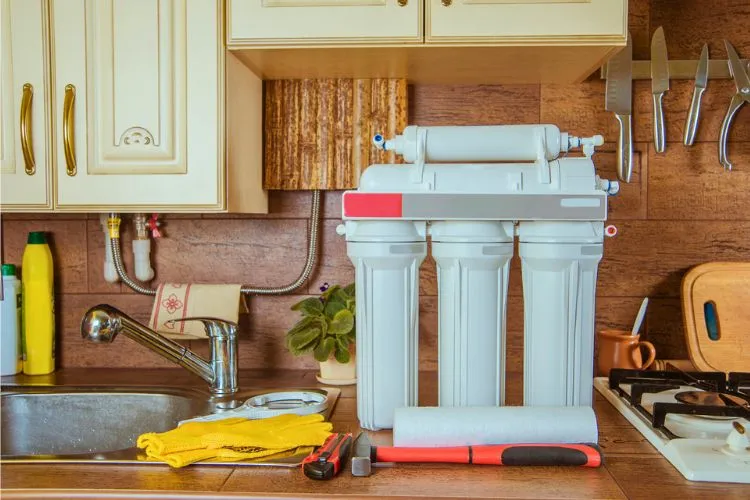In the quest for cleaner, healthier drinking water, many households turn to water filtration systems as their shield against contaminants.
But, as with all defenses, the strength and longevity of a water filtration system can vary, influenced by several crucial factors.
This raises an important question for any homeowner or health-conscious individual: how long does a water filtration system last?
Understanding the lifespan of these systems is vital not only for ensuring continuous access to purified water but also for planning maintenance and budgeting for replacements.
In this article, we dive into the intricacies of water filtration systems, from the types available to the key elements that dictate their durability.

Join us as we explore how to maximize the life of your water filtration system, ensuring it remains a reliable source of purity in your home for years to come.
💦 Understanding Water Filtration Systems
Clean water is essential for every home. Across the globe, families invest in water filtration systems to ensure their drinking water is free from contaminants and safe for consumption.

But what many don’t realize is that these systems themselves have a finite lifespan, determined by various factors.
Water filtration methods vary widely, ranging from simple jug filters that can sit in your refrigerator to sophisticated whole-house systems designed to purify every drop of water entering your dwelling.
The principle behind these systems is simple: as water passes through a filter, unwanted substances are caught and removed, leaving only clean water. However, the technology that enables this can be complex.
For instance, charcoal or carbon filters are popular for their ability to improve taste and remove odors along with contaminants.
Reverse osmosis systems, meanwhile, use a semi-permeable membrane to remove almost all impurities, including salts and bacteria.
Sediment filters are effective against particulate matter, making them a common first line of defense in whole-house systems.
Purchasing a water filtration system represents an investment in your health and the well-being of your family.
But as with any investment, it’s wise to ask: How long will it last? Answering this question requires an understanding of the system you choose and the factors influencing its lifespan.
💦 How Long Does A Water Filtration System Last?
The longevity of a water filtration system is not a fixed figure. Several factors come into play, directly impacting how long your system will effectively purify your water.
Awareness of these factors can help you maximize the lifespan of your investment.
Quality of Input Water
The level of contaminants in your water before filtration greatly influences the strain on your system.
Hard water, high in calcium and magnesium, can clog systems more quickly, reducing their effective lifespan.
Similarly, water with a higher load of particles or microorganisms will require more frequent filter changes.
Frequency of Use
The more water you filter, the quicker your system parts will wear out. This is simply a result of the mechanical reality; more water passing through the system results in more work for every component, from filters to pumps in systems that use them.
System Maintenance
Proper care is crucial for extending the life of your filtration system. This involves not only replacing filters at the recommended intervals but also cleaning and sanitizing your system according to the manufacturer’s instructions.
Good maintenance prevents the buildup of debris and bacteria, which can compromise system integrity over time.
Manufacturer Specifications and Warranty
Following the manufacturer’s guidance for care and maintenance is foundational. Moreover, understanding the warranty provided with your system can offer insights into its expected lifespan.
Manufacturers often estimate the lifespan of their systems based on optimal usage conditions, which can serve as a valuable benchmark for users.
💦 Maintenance Tips to Prolong System Life
Leveraging a few best practices in maintenance can dramatically increase the time your water filtration system serves your home effectively.

- Regular Filter Changes: This cannot be overstated. Following the manufacturer’s schedule for filter replacement is crucial. Delay can not only compromise water quality but also strain the system, leading to potential failures.
- System Cleaning and Sanitization: Consult your manual for guidelines on cleaning your system. This might include wiping down exterior surfaces, flushing the system, or using specific cleaning agents designed for your system type.
- Professional Inspection and Servicing: Especially for sophisticated systems, periodic inspections by professionals can identify potential problems before they result in system failure.
💦 Types of Water Filtration Systems
Water filtration systems come in various types, each employing different technologies and with distinct lifespan implications.
Reverse Osmosis (RO) systems, known for their high efficacy in purifying water, can last between 10 to 15 years with proper maintenance.
These systems push water through a semipermeable membrane, filtering out a vast array of contaminants, but require regular filter changes and membrane replacement to ensure durability.

UltraViolet (UV) purification systems utilize UV light to kill bacteria and viruses without chemicals, offering a lifespan of about 10 years. However, the UV bulb needs annual replacements to maintain its effectiveness.
Carbon filters, common in many households for their ease of use and installation, absorb impurities like chlorine, pesticides, and heavy metals. They are known to require more frequent changes, depending on use, typically every 6 to 12 months, influencing the system’s overall longevity.
The choice of system not only impacts the quality of water but also frequency of maintenance and longevity. Regular upkeep and timely replacements are key to ensuring each system performs optimally for its expected lifetime.
Conclusion:
The lifespan of your water filtration system is not set in stone.
Through understanding how it works, what affects its performance, and how to take care of it, you can ensure your investment continues to provide clean, safe water for your home for as long as possible.
Attention to maintenance and the factors influencing wear and tear is key to getting the most out of your system.
Remember, when in doubt about how to best maintain your system, consult with a professional or refer back to the manufacturer’s instructions for the most accurate information.

Devon Shorts, a seasoned expert with over a decade of experience in water safety, shares valuable insights on this blog “Aqua Safety Plus”. Trust his expertise to keep your water clean and your family safe.
